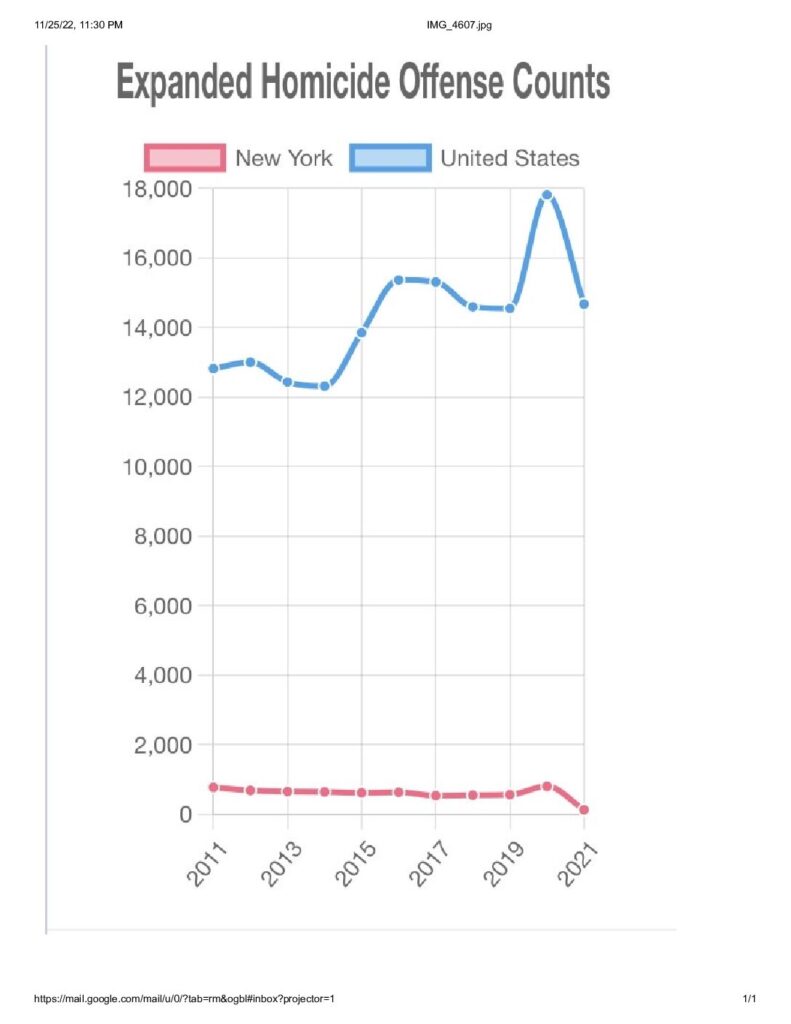Durkheim’s definition of anomie pertained to a condition of relative normlessness in a society or social group. Anomie refers to the mental state of a person who has abandoned all social ties and has no standards, sense of continuity, or sense of obligation. People may believe that their demands are unmet by community leaders, that there is no order in society, and that goals are not being achieved. They could also feel hopeless and believe that their friends are unreliable providers of assistance. The reasons for anomie, or normlessness, were explored by American sociologist Robert K. Merton, who found that persons who have no viable ways of fulfilling their objectives are most likely to experience it. If institutionalized measures, those acceptable by the rules of society fail, unlawful means may be adopted because the goals may become so vital. An increase in the focus placed on outcomes rather than methods stresses the regulatory system, which results in anomie. The pressure would lead many people to violate social standards, for instance, if a society compelled its members to amass riches but provided them with insufficient resources to do so. The desire for personal gain and the fear of punishment would serve as the only regulatory mechanisms. Thus, social behavior would become erratic.


